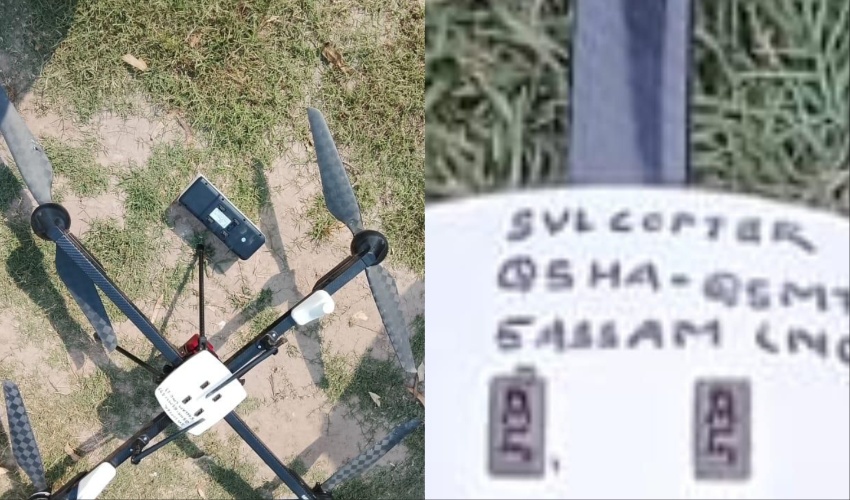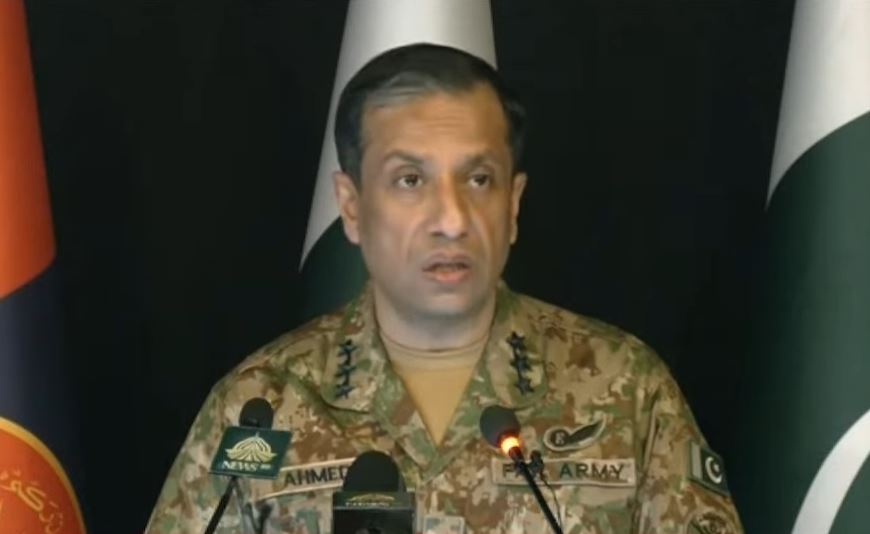Pakistan Telecommunication Authority (PTA) Chairman Retired Major General Hafeezur Rehman said on Wednesday that the social media platforms blocked 80 per cent of flagged content following requests by the
Acording to details, briefing the Senate Standing Committee on Information Technology, chaired by Senator Palwasha Khan, Rehman informed that PTA received 500 complaints daily about social media content.
Rehman said: "The authority routinely requested platforms to take down specific material, and 80 per cent of such requests were complied with. However, 20 per cent of flagged content remained unaddressed by social media companies."
During the session, Senator Kamran Murtaza raised concerns over PTA’s authority to impose internet restrictions, questioning the legal framework enabling such actions.
He argued that laws did not explicitly allow blocking internet services in specific areas. In response, Rehman said the government had instructed PTA to implement internet shutdowns for the past nine years.
Rehman asserted: "The PTA acted upon directives from the Ministry of Interior and clarified that the rules empowered the ministry to instruct PTA regarding such matters."
Supporting this stance, the legal representative of the Ministry of IT affirmed that the law covered content blocking but remained silent on regional internet shutdowns.
Senator Humayun Mohmand highlighted that the regulations only addressed blocking specific content rather than suspending internet services in particular regions.
Meanwhile, the Special Secretary of the Ministry of IT stated that shutting down internet services was the only way to block online content in specific areas.
Rehman further elaborated that PTA documented instances of internet suspensions and could provide exact dates and times when disruptions occurred.
Senator Murtaza responded that parliament, not the government, held authority over such regulatory actions.
In a retort, Rehman said that the committee members had previously held government positions.
The session concluded after discussions about legal gaps and the responsibilities of PTA in regulating online content and internet services.



























